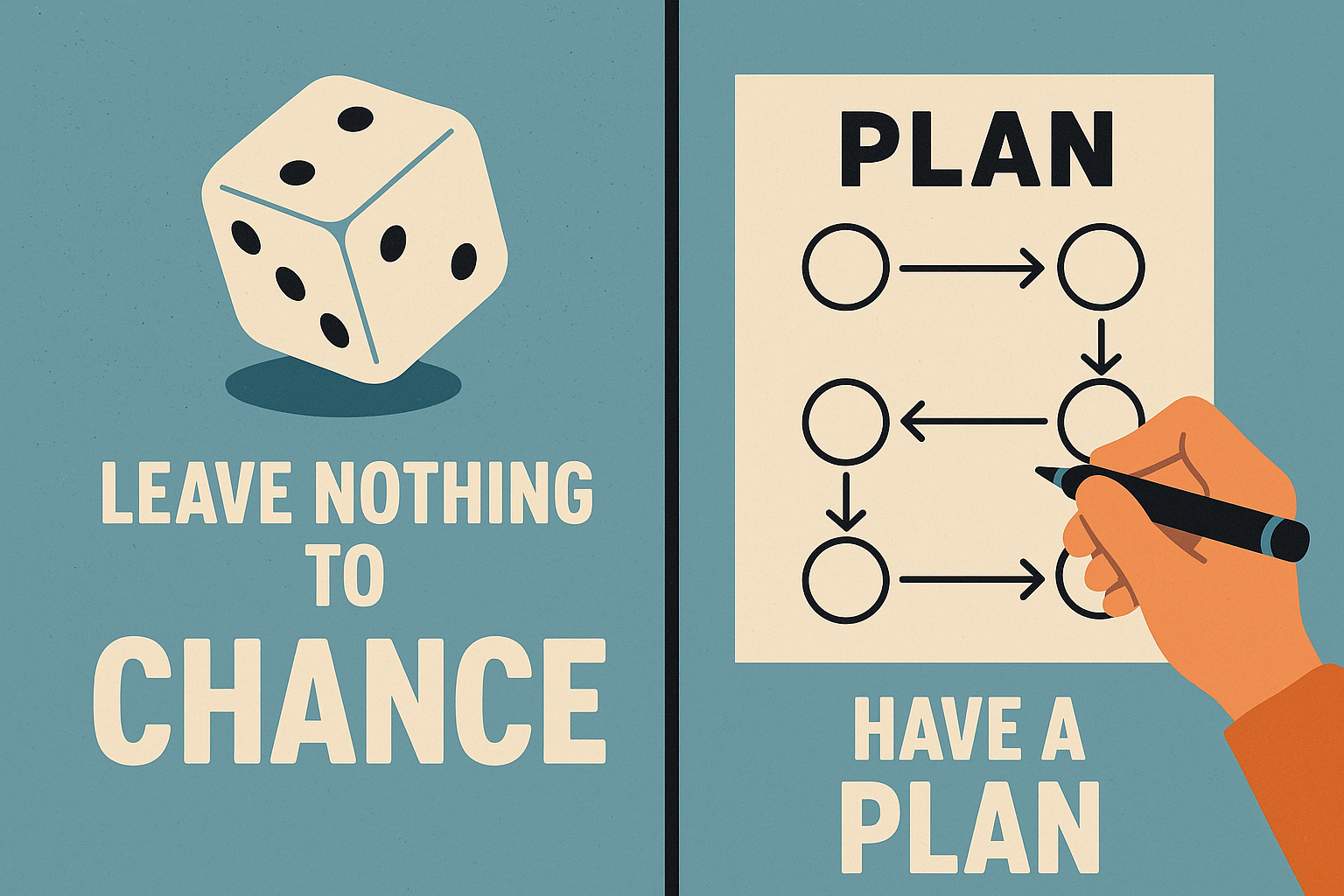Why Your Tourism Business Needs a Marketing Plan (and Not Just Social Media Posts)

Many tourism businesses rely heavily on social media to attract visitors, sharing stunning images, updates, and special offers. While platforms like Instagram and Facebook are powerful tools, they do not replace a structured marketing plan.
A marketing plan is the foundation of a successful business—it ensures you’re reaching the right customers, using the most effective channels, and maximising your return on investment. Without one, marketing efforts can become disjointed, reactive, and, ultimately, ineffective.
In this blog, I will explore why a marketing plan is essential for tourism businesses and how it can help you stand out in a competitive market.
1. A Marketing Plan Defines Your Ideal Customer
Many tourism businesses fall into the trap of trying to appeal to everyone, but in reality, not all visitors are the right fit for your offering. We all want to appeal to everyone, but the reality is we don’t. We spend more time with friends and family than we do with acquaintances for a reason. It’s the same in marketing fish where your fish are. A marketing plan helps you clearly define your ideal customer:
• Where do they come from?
• What are their interests and travel behaviours?
• What problems or needs does your business solve for them?
For example, a luxury self-catering cottage in the Highlands will attract a different audience than a pod near Glentress in the Scottish Borders. Knowing your ideal visitor allows you to tailor your messaging and marketing channels for maximum impact.
2. It Helps You Choose the Right Marketing Channels
Social media is just one part of a broader marketing strategy. A marketing plan considers all the ways you can reach potential visitors, including:
• Search Engine Optimisation (SEO): Ensuring your website ranks well on Google when people search for relevant keywords.
• Email Marketing: Engaging with past and potential customers through newsletters and special offers.
• Partnerships & Collaborations: Working with local businesses, VisitScotland, and influencers to expand your reach.
• Paid Advertising: Using Google Ads and Facebook Ads to target specific audiences.
Without a plan, it’s easy to focus on one or two channels and overlook others that could be more effective.
3. A Marketing Plan Prevents Wasted Time and Money
Reactive marketing—posting on social media when you have time, running last-minute promotions, or investing in ads without a strategy—can be costly and ineffective.
A marketing plan:
1. Ensures you allocate your budget wisely.
2. Prevents scattergun marketing efforts.
3. Helps you track performance and adjust your approach if something isn’t working.
For example, if you’re spending hundreds on Facebook Ads but getting little return, your plan should guide you in reassessing your strategy rather than continuing to spend without results.
4. It Ensures Consistent Messaging and Branding
Your brand is more than just a logo or a visually appealing Instagram feed—it’s the experience you promise to your visitors. A well-structured marketing plan keeps your messaging consistent across all platforms.
This includes:
• Your brand’s tone of voice (e.g., friendly and welcoming vs. luxurious and exclusive).
• Key selling points that make your business unique.
• A clear call to action, whether it’s booking a stay, signing up for a newsletter, or following your content.
Consistency builds trust, and trust leads to bookings.
5. A Marketing Plan Helps You Adapt to Market Changes
The tourism industry is constantly evolving. Economic shifts, changing travel trends, and external factors like weather or political changes can all impact visitor behaviour.
A marketing plan isn’t set in stone—it’s a flexible strategy that allows you to:
• Monitor key trends and adjust accordingly.
• Prepare for seasonal fluctuations.
• Respond to emerging opportunities (e.g., a rise in eco-tourism or staycations).
Rather than scrambling to react to sudden changes, a solid marketing plan helps you stay proactive and resilient.
Conclusion: Don’t Leave Your Marketing to Chance
Social media is a fantastic tool for engagement, but without a marketing plan, it’s just one piece of the puzzle. A well-thought-out marketing strategy ensures your efforts are targeted, effective, and aligned with your business goals.
If you want to attract more of your visitors, make the most of your marketing budget, and build a strong brand that stands out. A marketing plan isn’t just practical—it’s essential.
Need help creating a tailored marketing plan for your tourism business? Contact me today to discuss how I can assist you.

